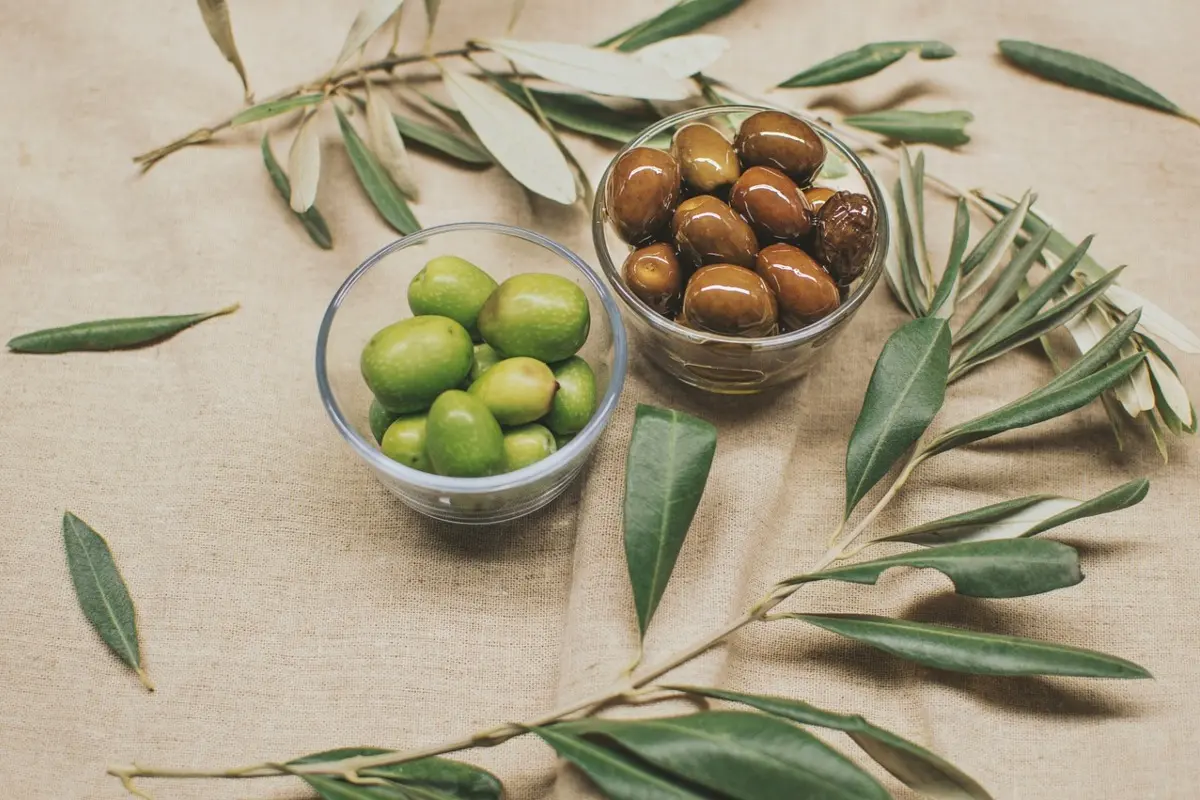
Do you want to access to this and other private contents?
Log in if you are a subscriber or click here to request service
Spain: all-out war on oil and olive pomace fraud
For the whole of 2023, 697 checks have been scheduled for the entire sector

A guide to combating fraud involving olive oil and olive pomace. This is what the Spanish Ministry of Agriculture, Fisheries and Food (Mapa) has prepared, crowning a campaign that will last throughout 2023. The recommendations are based on the experience of the anti-fraud services of the autonomous communities and of the Ministry itself, in order to make programming and inspections as effective as...
lml - 30232
EFA News - European Food Agency
◄ Previous page
EFA News - European Food Agency